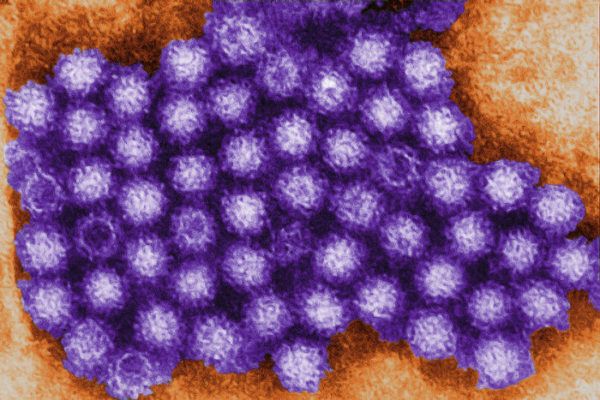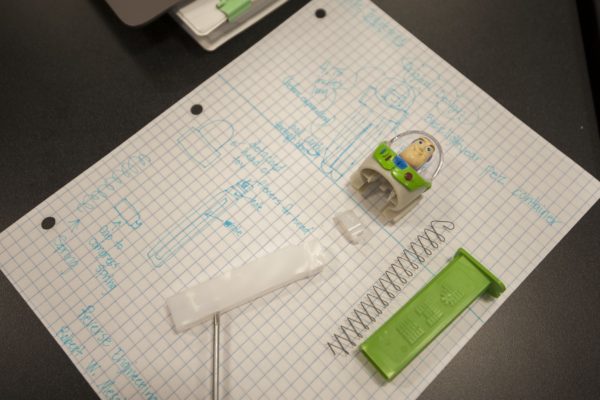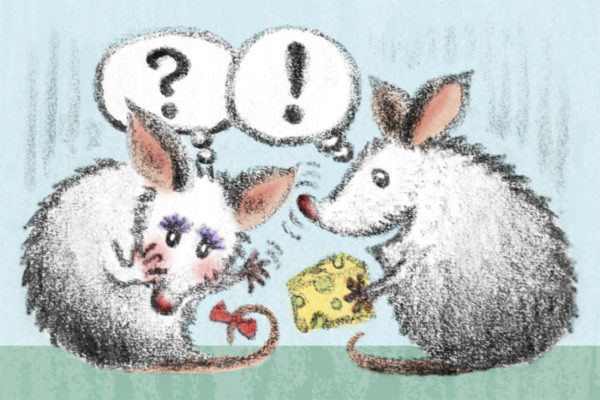Putting down a pipette, picking up a pen
Moving beyond the bench, alumna Tina Hesman Saey turned a strong interest in science and a love of language into a new career: science writing.
Without plants, there is no life
Botanists have organized to try to stem the frightening loss of plant species across the globe. How well are they doing? They recently met in St. Louis to exchange stories from the botanical front lines.
WashU debate history
The university has a long history of hosting presidential (and vice presidential) debates, and on Oct. 9, 2016, we are scheduled to host yet another. Here, we take a look back at how WashU became a go-to debate site and some interesting things that happened along the way.
Building better health care
For all the advances of modern medicine, health-care architecture has long been guided by custom and intuition rather than research and testing. That’s changing, thanks to an emerging field known as evidence-based design, said Xiaobo Quan, director of Washington University’s newly formed Center for Health Research & Design.
New clues found to how ‘cruise-ship’ virus gets inside cells
Researchers at Washington University School of Medicine in St. Louis have identified the protein that norovirus uses to invade cells. The discovery, in mice, provides new ways to study a virus notoriously hard to work with and may lead to treatments or a vaccine.
Closing the STEM skills gap in St. Louis
St. Louis’ leading employers, school districts and Washington University’s Institute for School Partnership have united to form STEMpact, an organization dedicated to improving improve science, technology, engineering and math education when it matters most — elementary school.
Acetaminophen does not worsen children’s asthma symptoms
But a new study in young children with asthma — co-authored by the School of Medicine’s Leonard B. Bacharier, MD — compared acetaminophen to ibuprofen. It showed no difference in the severity of asthma symptoms between the two medications.
Long-term exposure to female scent changes courtship behavior in male mice
A kind of neuron found only in male mice and that detects a pheromone in female urine has been identified by researchers at the School of Medicine. But the sex difference is not hard-wired. By manipulating the mice’s living conditions and exposing male mice to female scents for long periods of time, the scientists showed that males lost these neurons and their interest in courting females.
Buying high vs. bargain hunting
New research from Olin Business School presents a new framework that might make it a bit easier for businesses as they navigate product pricing and discounts: it all boils down to the buyer’s search.
Van Dillen honored by physical therapy association
Linda Van Dillen, a professor of physical therapy and of orthopedic surgery at Washington University School of Medicine in St. Louis, has been named a Catherine Worthingham Fellow by the American Physical Therapy Association.
View More Stories









